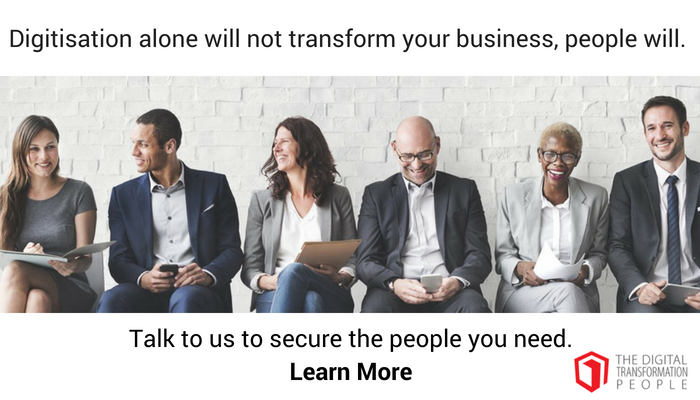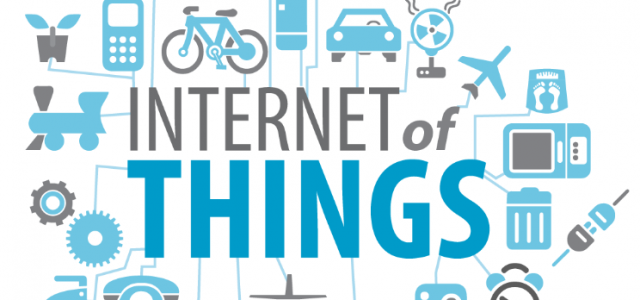I have recently been reading ‘The Paradox of Choice – Why More’ by American psychologist Barry Schwartz. The interesting thing is it made me consider my own choice process and those demonstrated in the hundreds of RFI / RFP’s I have responded to over the years. In the book, Schwartz argues that eliminating consumer choices can greatly reduce anxiety for shoppers.
Remember those consumers could be CxO’s, IT leaders or Procurement, and they could be looking for technology solutions. There was a time when an IT or digital transformation strategy was simple, cloud or not, but today there is increasing pressure to consider private, hybrid, public, and multi-cloud architectures.
Herein lies the problem, Schwartz describes the typical consumer’s strategy for most good decisions will involve the following steps;
1) Figure out your goal or goals – The process of goal-setting and decision making begins with the question: ‘What do I want?’ When faced with the choice to pick a restaurant, a CD, or a movie, a consumer makes their choice based upon how they would expect the experience to make them feel, ‘expected utility’. Once they have experienced that particular restaurant, CD or movie, their choice will be based upon a ‘remembered utility’. To say that you know what you want, therefore, means that these utilities align. It has also been shown that what we remember about the pleasurable quality of our past experiences is almost entirely determined by two things: how the experiences felt when they were at their peak (best or worst), and how they felt when they ended.
2) Evaluate the importance of each goal – research on how people make decisions found a variety of rules of thumb that often lead us astray. Most people give substantial weight to ‘anecdotal evidence’, perhaps so much so that it cancels out ‘expert evidence’ based on how we assume that the more available some piece of information is to memory, the more frequently we must have encountered it in the past.
3) Array the options – It’s found that personal ‘psychological accounts’ will produce the effect of ‘framing’ the choice and determining what options are considered as subjects to factor. For example, an evening at a concert could be just one entry in a much larger account, of say a ‘meeting a potential mate’ account. Or it could be part of a more general account such as ‘ways to spend a Friday night’. Just how much an evening at a concert is worth will depend on which account it is a part of.
4) Evaluate how likely each of the options is to meet your goals – People often talk about how ‘creative accountants can make a corporate balance sheet look as good or bad as they want it to look.’ In many ways, Schwartz views most people as creative accountants when it comes to keeping their own psychological balance sheet.
5) Pick the winning option – Schwartz argues that options are already attached to choices being considered. When the options are not already attached, they are not part of the endowment and choosing them is perceived as a gain.
6) Modify goals – Schwartz points out that later, consumers uses the consequences of their choice to modify their goals, the importance assigned to them, and the way future possibilities are evaluated.
Ultimately selecting the right approach for your organisation will depend on many factors and influences, including your own as discussed by Schwartz. The method needs to be fit for purpose, leveraging technology that meets business requirements and not based on an article you have read, fear of failure, desire for control, job protectionism, management pressure, or marketing hype.
While you may have a polarised view of which approach to take, there is no single ‘one size fits all’ answer but you shouldn’t lose sight of the fact public clouds can bring significant long-term value, services, and security.
So in 2018 perhaps it’s time for you to also reflect on your choice process and evaluate cloud through a fresh pair of eyes.
Article by channel:
Everything you need to know about Digital Transformation
The best articles, news and events direct to your inbox







